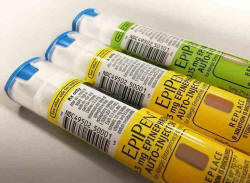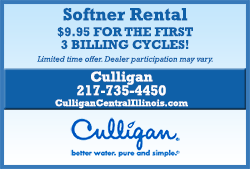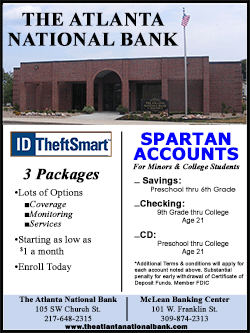|
 Mylan
faces scrutiny over EpiPen profit data shown to Congress Mylan
faces scrutiny over EpiPen profit data shown to Congress
 Send a link to a friend
Send a link to a friend
[September 27, 2016]
By Toni Clarke and Natalie Grover
(Reuters) - Mylan NV faced questions on
Monday about the profit on its EpiPen emergency allergy treatment,
following a report that the company makes 60 percent more on the
injector than it had told Congress.
|
|
 Mylan has been widely criticized for sharply raising the price of
EpiPens, which are carried by people with life-threatening
allergies. Mylan, which acquired the product in 2007, has raised the
list price for a pair of EpiPens to $600 from about $100 in 2008. Mylan has been widely criticized for sharply raising the price of
EpiPens, which are carried by people with life-threatening
allergies. Mylan, which acquired the product in 2007, has raised the
list price for a pair of EpiPens to $600 from about $100 in 2008.
Lawmakers are trying to determine whether Mylan made more money on
EpiPen than warranted from state Medicaid programs by having it
classified as a generic product, resulting in much smaller rebates
to the government health plans.
Mylan Chief Executive Heather Bresch testified last week under oath
that Mylan pockets roughly $100 for a two-pen pack. She did not
state that the figure included taxes, which the company acknowledged
on Monday.
The Wall Street Journal reported on Monday that Mylan had
significantly reduced its calculation of EpiPen profits by applying
the statutory U.S. tax rate of 37.5 percent.

Mylan's overall effective tax rate was 7.4 percent in 2015 and 4.2
percent in 2014, according to annual regulatory filings.
Lawmakers on the House Committee on Oversight and Government Reform
last week excoriated Bresch for raising the price of EpiPen sixfold
since 2008 and were skeptical of her profit analysis.
"We didn't believe Mylan's numbers last week during their CEO's
testimony, and we don't believe them this week either,"
Representative Elijah Cummings, the ranking Democrat on the
committee, said in a statement on Monday.
Mylan said on Monday it was standard practice to include taxes in a
profitability analysis and to use the U.S. statutory rate when
analyzing income in that country. It filed a copy of the analysis
with the U.S. Securities and Exchange Commission on Monday.
[to top of second column] |

"Just as we did not use a blended global tax rate, we also did not
allocate corporate expenses associated with running the business,
which would have further reduced its profitability," Nina Devlin, a
Mylan spokeswoman, said in an email.
Mylan has tried to stem criticism by offering more discounts to
consumers. An increasing number of families have said that the
treatment has become unaffordable. It plans shortly to market a
half-price generic EpiPen.
Mylan's U.S. EpiPen profit is expected to reach $419 million in
2016, according to the company's regulatory filing, up from $3
million in 2008. It estimated sales of 8 million pens in 2016, up
from 4.3 million in 2008.
(Reporting by Toni Clarke in Washington and Natalie Grover in
Bengaluru; Editing by Michele Gershberg and Richard Chang)
[© 2016 Thomson Reuters. All rights
reserved.] Copyright 2016 Reuters. All rights reserved. This material may not be published,
broadcast, rewritten or redistributed.
 |